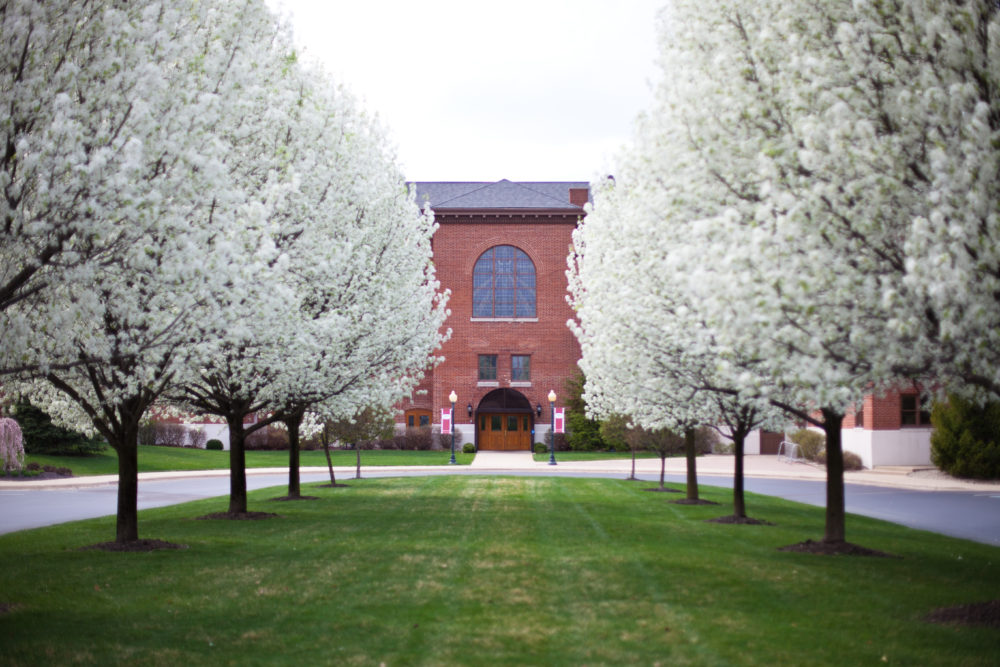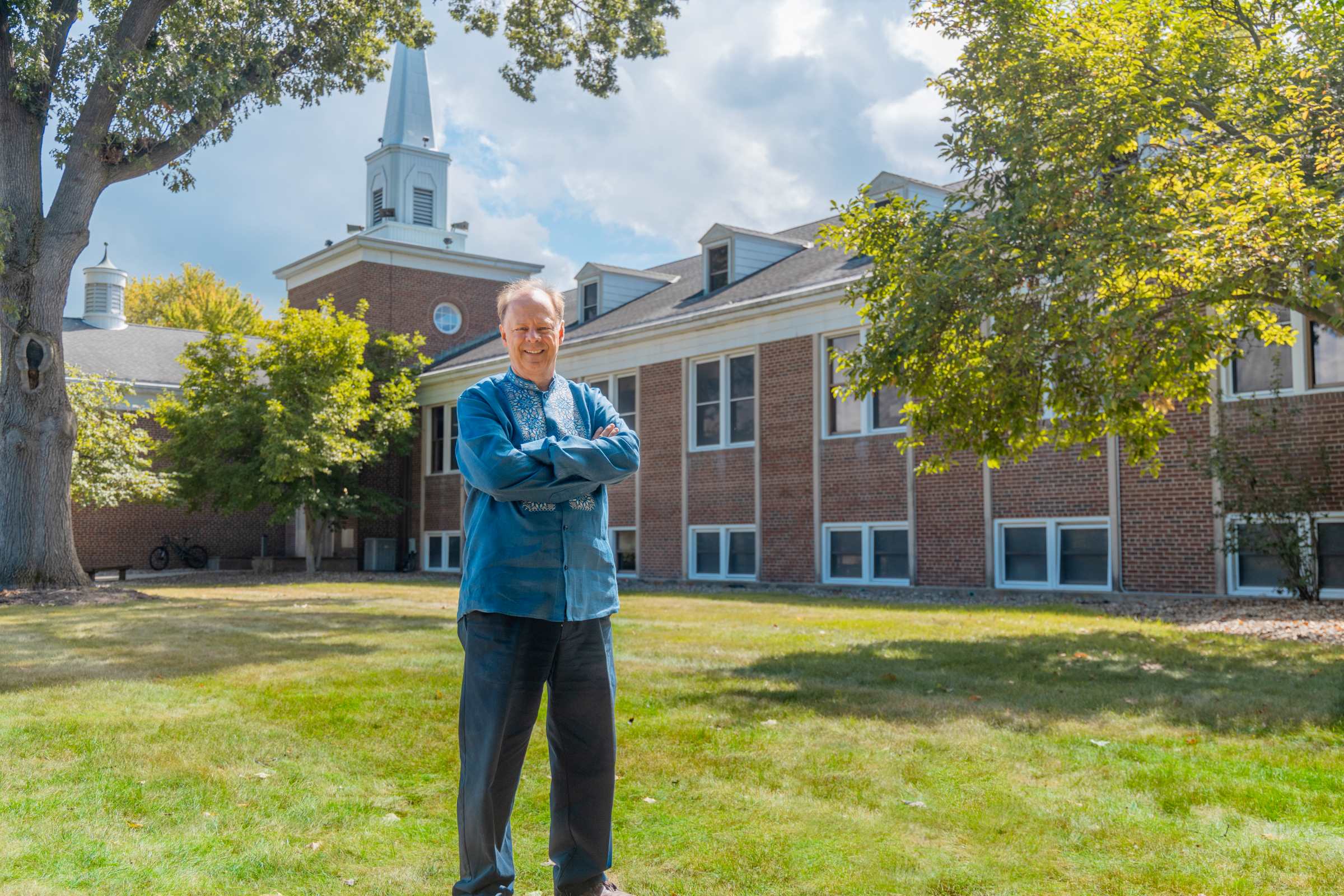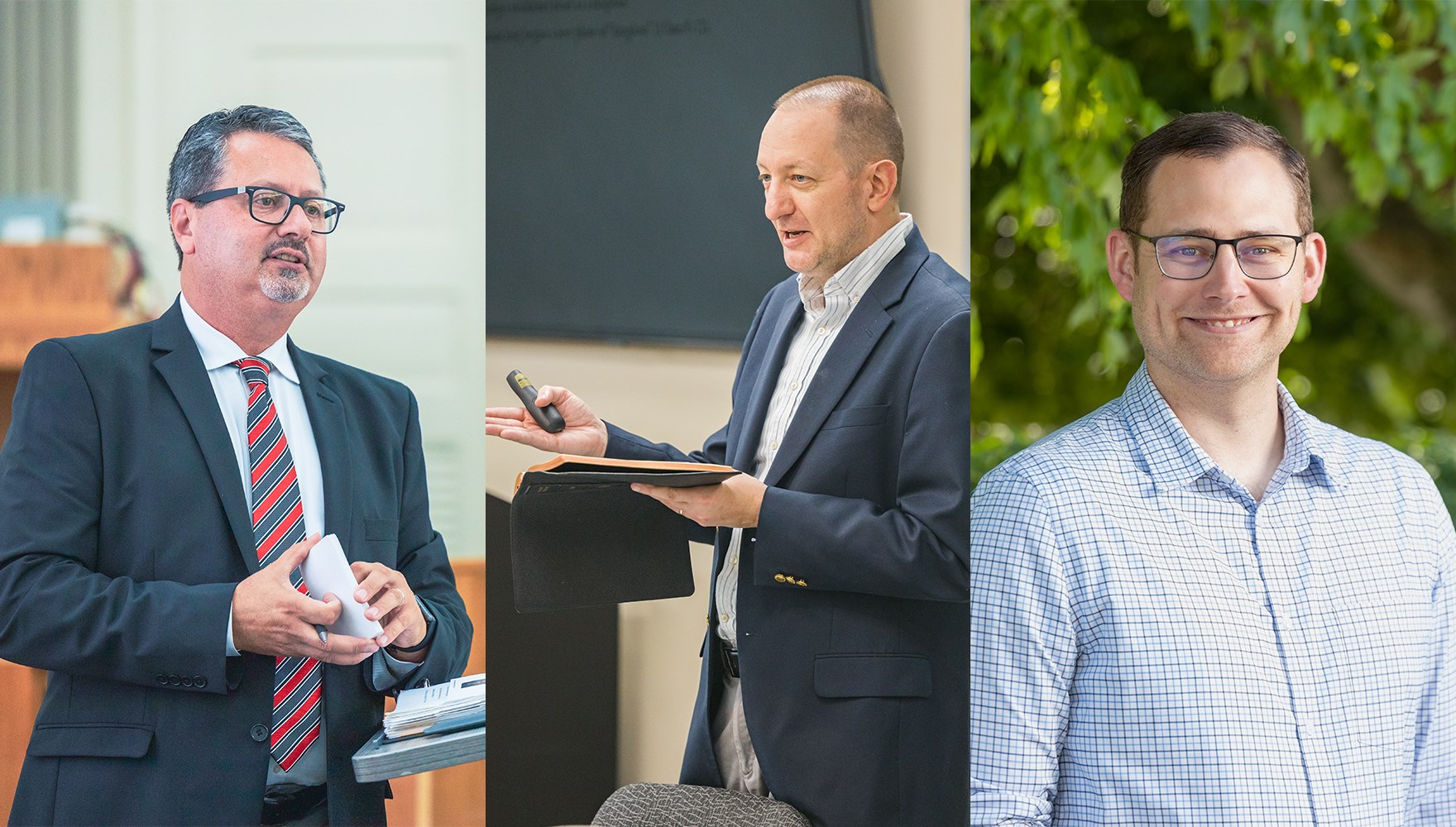March 6, 2020
Theological Education in the Information Age
Written By Grace Seminary
Tagged With Student Stories John Sloat

The last several years have left a mark on education in unprecedented ways and not just theological education, but all education.
Websites like Coursera, Edx, and Lynda have arrived and provide people with skills and education, that at one time, were only available at a college. Theological education has not been immune to this either, websites like The Gospel Coalition have placed free courses on their website that are engaging and led by top-tier academics. Websites like these offer a really excellent service. The more truth and information people can have the better. I know of one individual who read Gospel Coalition articles (before they had courses) and through service in his local church worked his way into a pastorate. This is a good development in our world. Naturally comes this question, does this replace traditional education? Is a college or seminary an antiquated reality and these web-based resources will be the way of the future? To answer these questions we need to explore what education is and what is its end.
In his chapter on “The Nature of Theology and Education,” Michael J. Anthony discusses two opposing views of education. The first view is that a teacher has knowledge and transmits that knowledge to students. The student soaks up whatever the teacher has to say. The goal of this view is the student to acquire the knowledge in order to recall the information needed and to take that information and apply it to the workplace. This view of education lines up well with what a web-based format produces.
The second view of education, the teacher helps students move through their discipline with an eye toward the student’s development, growth in wisdom, and service of the common good. The student is there to engage with teachers, questioning and processing their thoughts. This view causes students to not just recall information, but to problem solve, think on their own, and take decisive action. The end of this view is students who can continue to learn throughout life and adapt to an ever-changing society.
Web-based learning platforms are good.
They help people explore a topic and give them a working knowledge of it. However, it cannot replace a teacher who can respond to a specific student and give good and needed pushback to their thinking. It cannot see processing in a student and encourage them to pursue those ideas. Traditional education develops people and causes flexibility for whatever comes down the road of life.
Share
Tagged With Student Stories John Sloat


